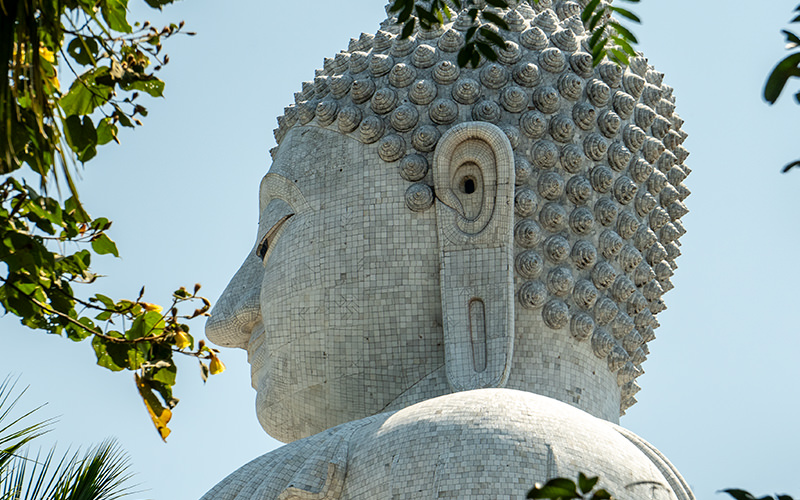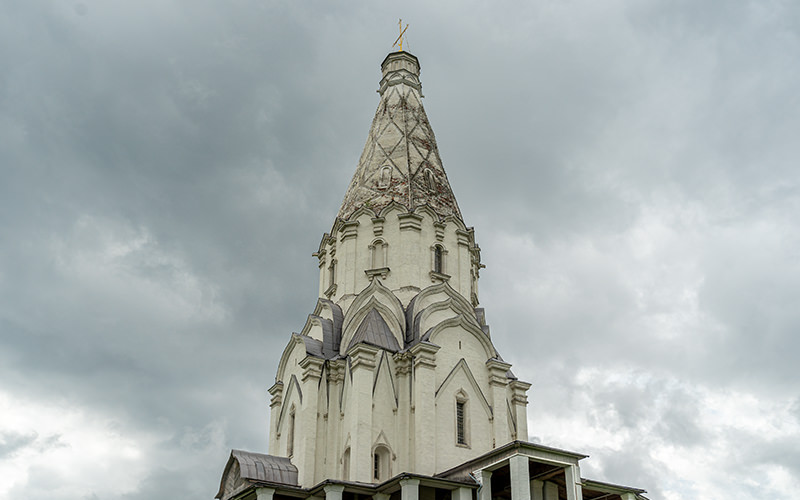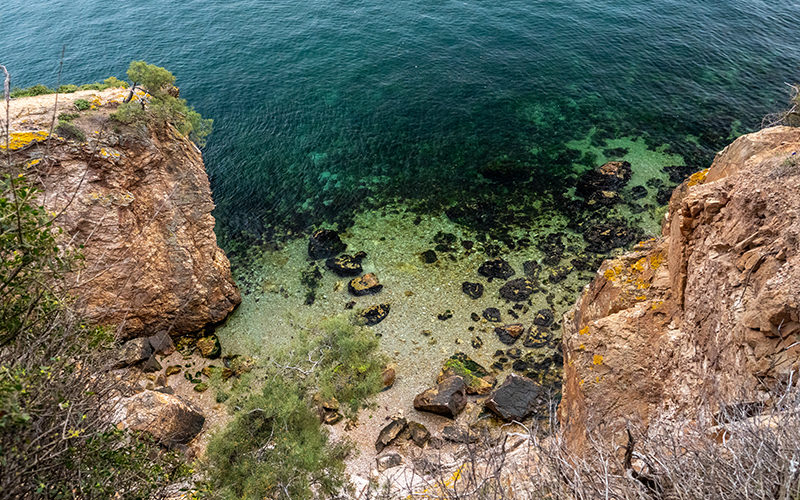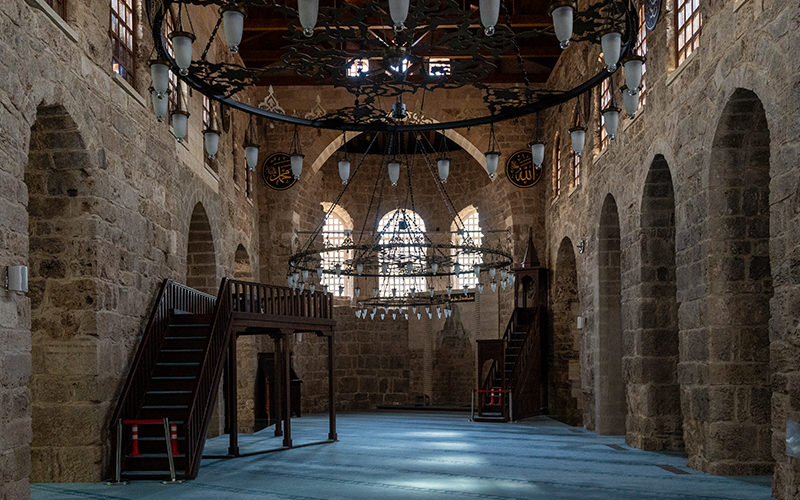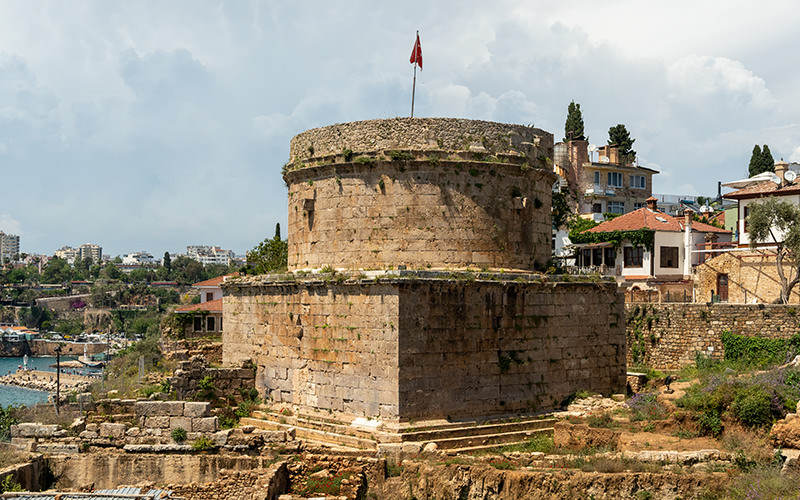Hadrian's Gate is the first landmark of the resort city of Antalya that I saw during my stroll through the city. I have previously mentioned this architectural monument in an article about the central part of Antalya, but today I would like to share some photos of this place and tell its history.
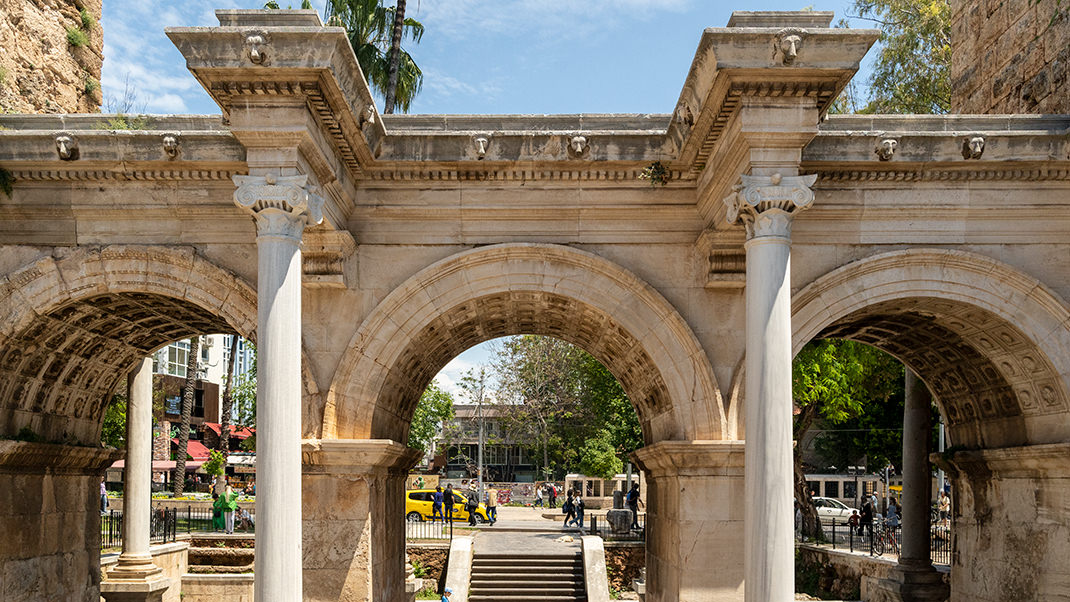
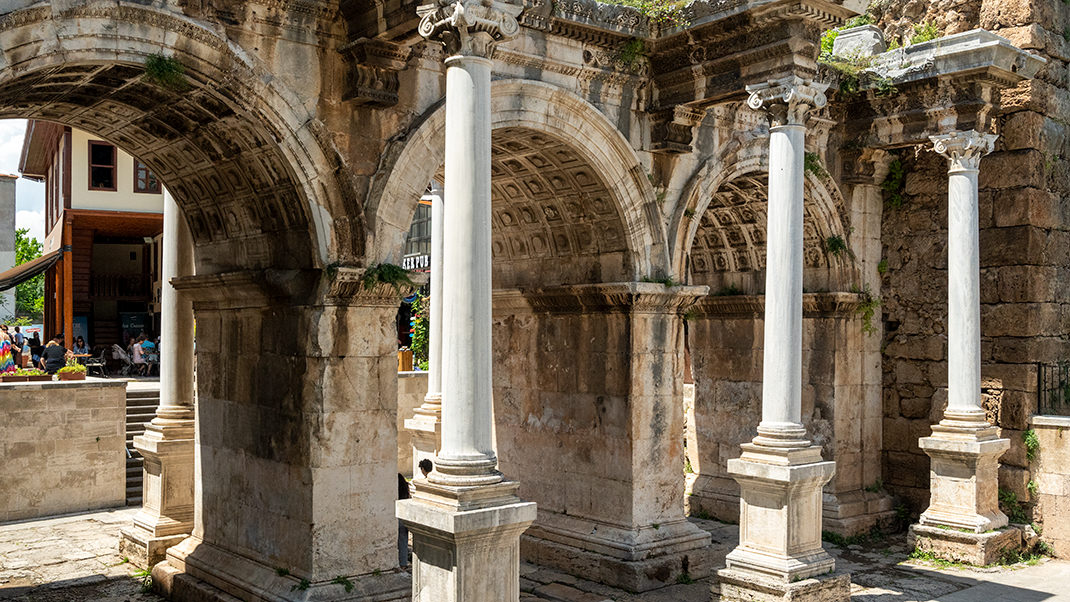
How to get there
Hadrian's Gate is located in the historical center of Antalya. Five minutes' walk from here is the tram stop İsmetpaşa of the T1 line, and even closer is the Üç Kapılar station of the T2 line. Planning trips around Turkey is convenient with the Moovit mobile app.
The gate is open for unrestricted, free visits 24/7. I visited during the day, but if there had been enough time, I would gladly have returned in the evening. According to online photos, thanks to the lighting, the gate looks no less interesting at night than during the day.
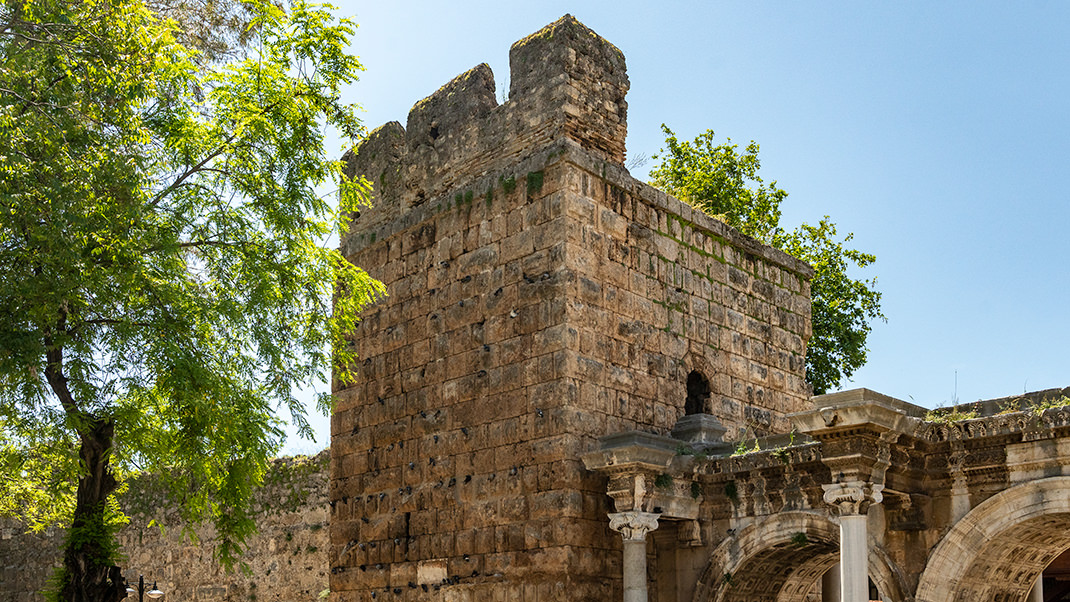
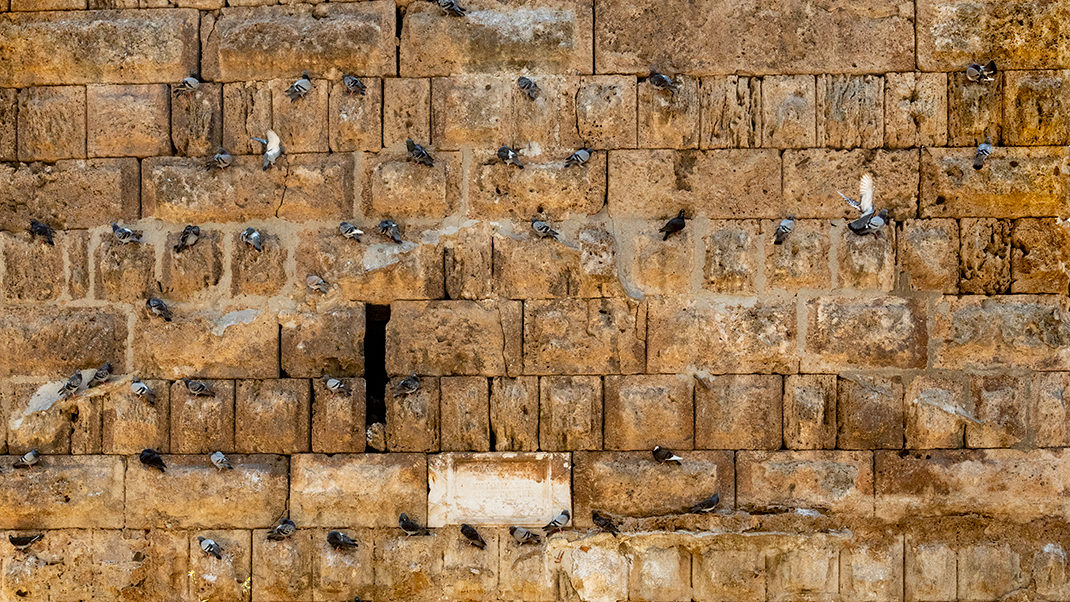
A Bit of History
The marble gate was built after Emperor Hadrian's visit to Antalya in the year 130, making the monument almost 1,900 years old. It is known that this Roman ruler spent his life traveling across his territories, personally overseeing troops and local administration.
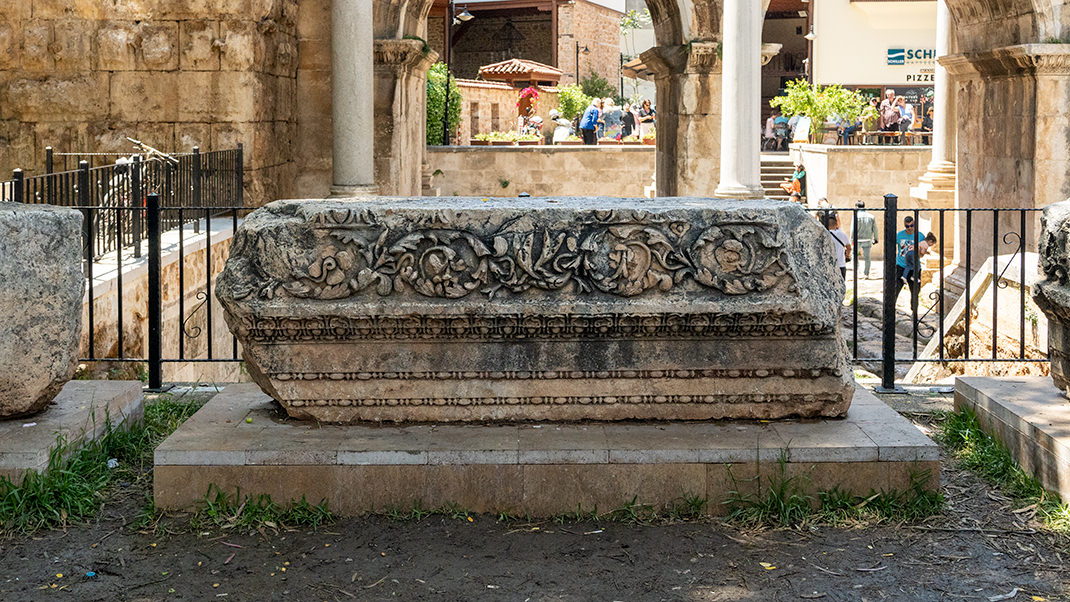
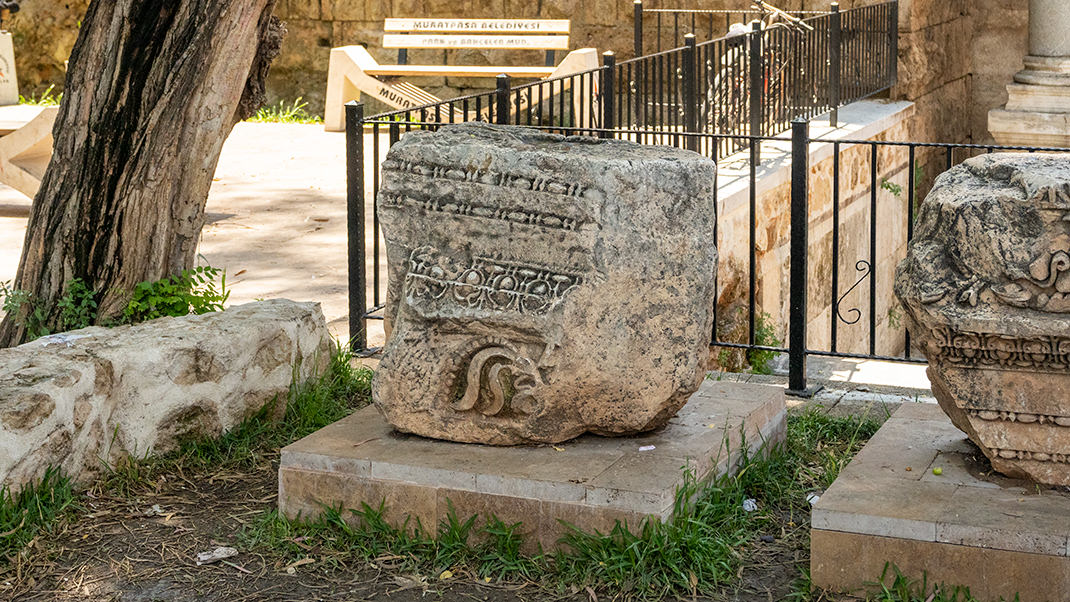
Today, we perceive Hadrian's Gate as an ancient tourist attraction, but in the past, it served as one of the main entrances to the coastal city. Roads leading to the gate came from Perge, Aspendos, and Side. Interestingly, during the Byzantine Empire, for security reasons, the gate was closed, and for a time, it was hidden from the citizens behind walls. Online sources suggest that this contributed to the excellent preservation of the monument.
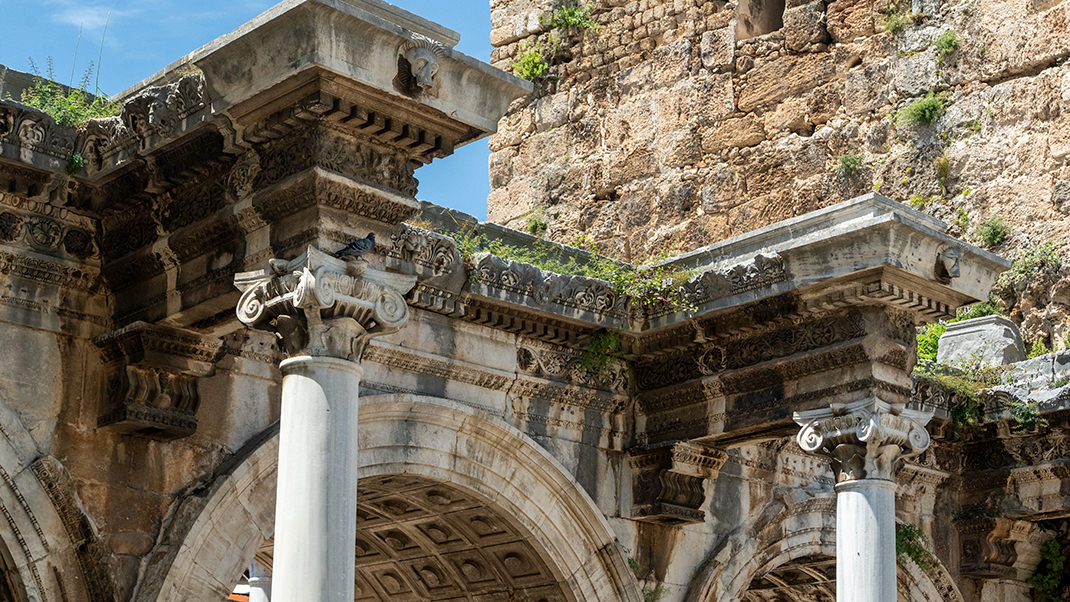
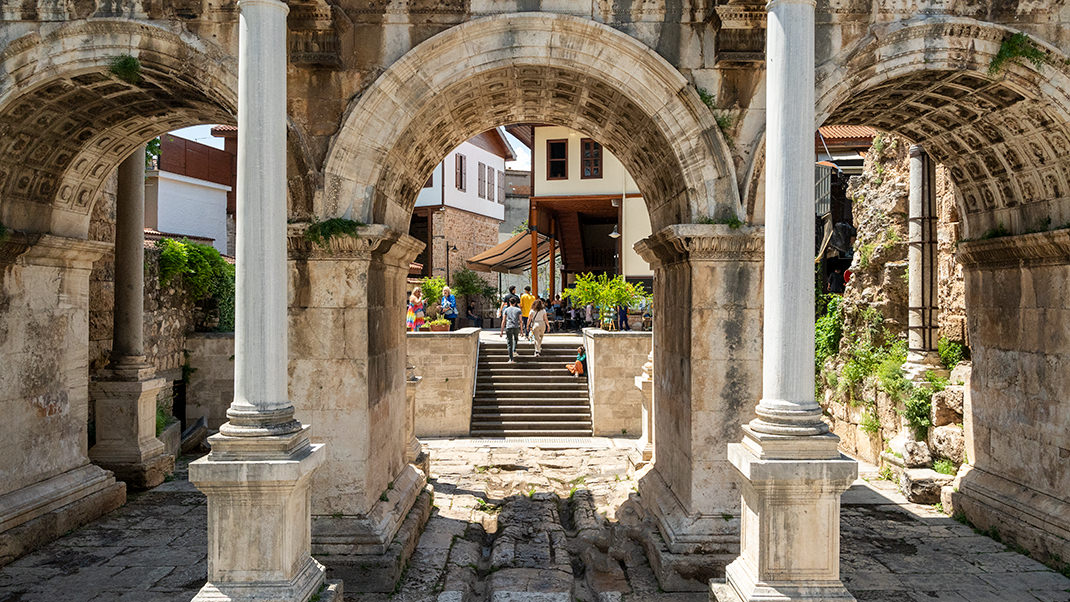
I mentioned that one of the tram stops near the gate is called Üç Kapılar, which translates from Turkish as "Three Gates." This refers to the three arches that make up Hadrian's Gate. On one Turkish website, I found information that the landmark is also called "The Three Gates."
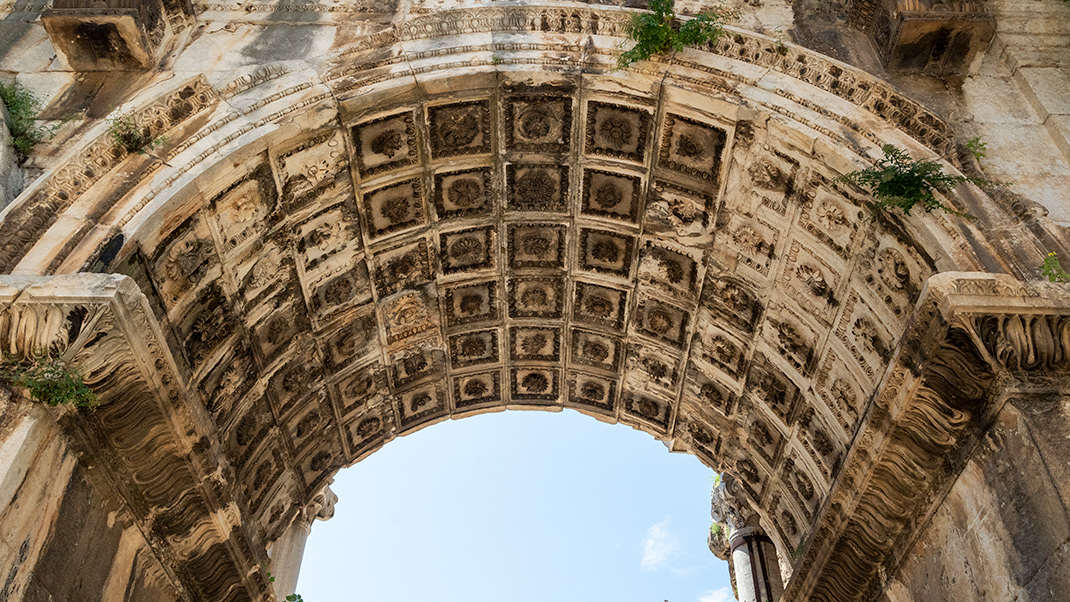
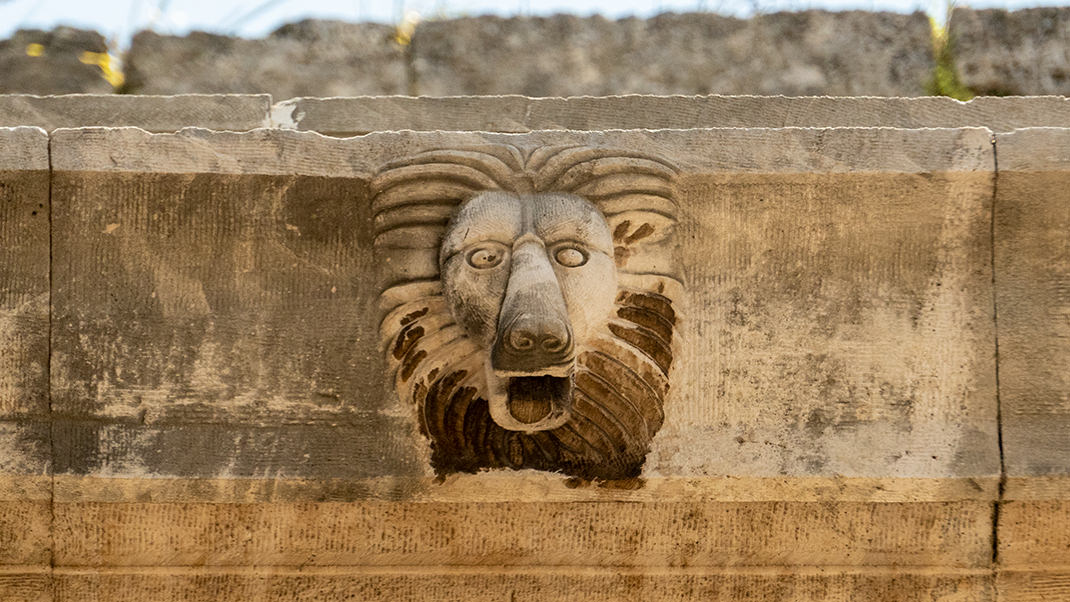
Hadrian's Gate captivates tourists with its unusual design: the arch vaults are adorned with flower relief coffering, and lion heads are placed on the monument's cornice. The view is complemented by eight columns of the composite order.
In modern times, this ancient monument is a magnet for many travelers visiting the city; capturing a photo of the gate without people is almost impossible.
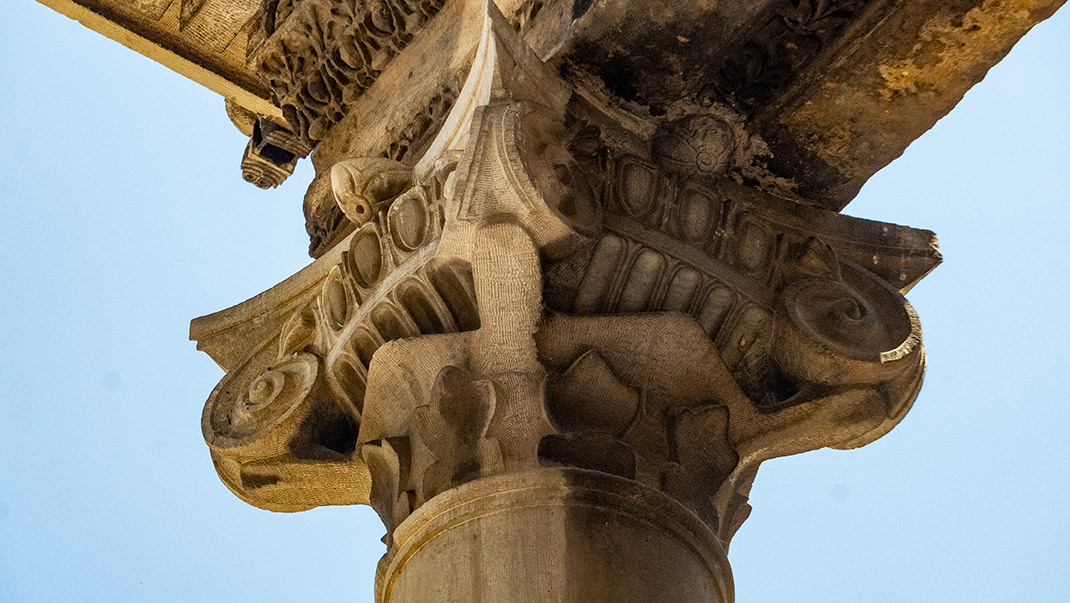
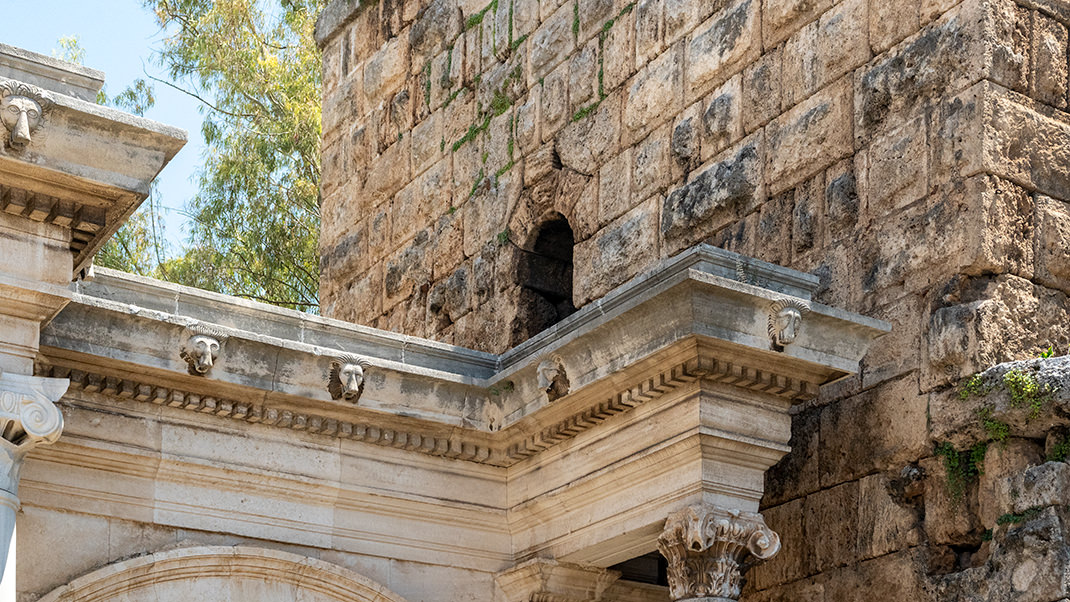
The next part of my story about Antalya's attractions will be dedicated to exploring the Old Town and discussing the Hıdırlık Tower, which is within walking distance from here.
Have a nice trip!


